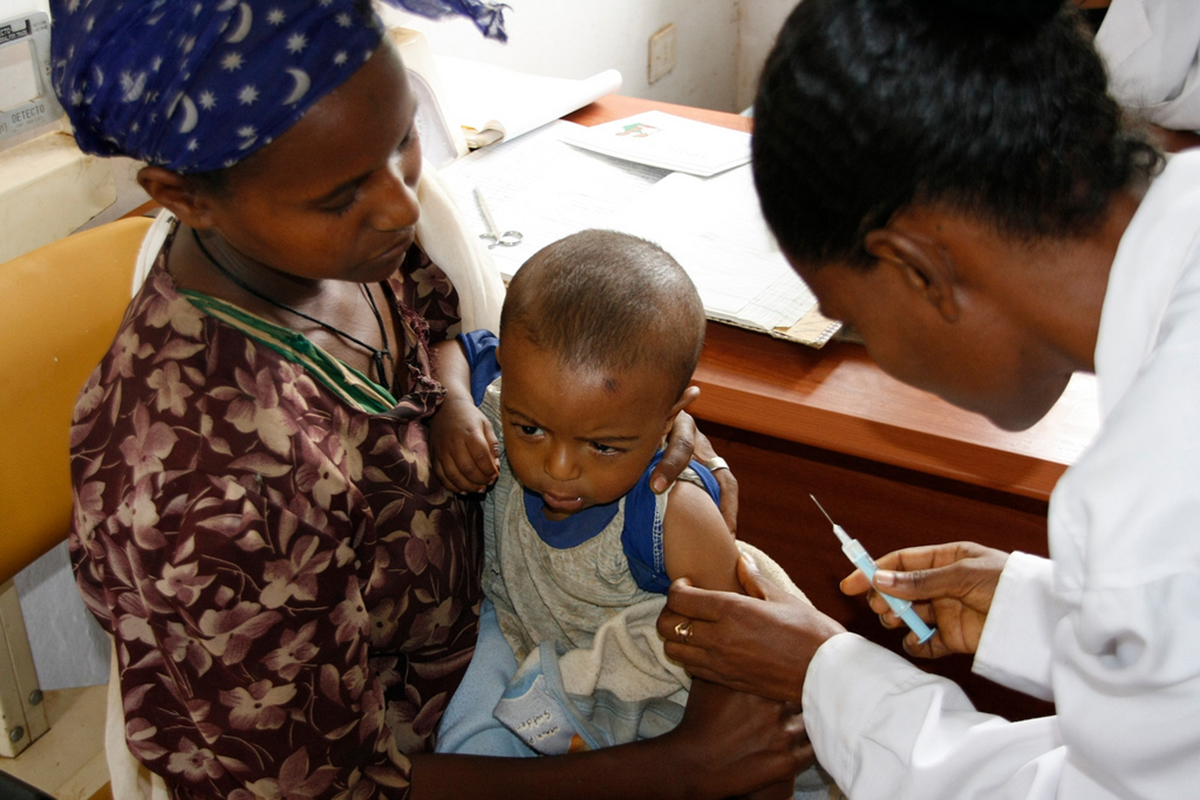Table of Contents
Vaccination is a strange subject (to say the least). On the one hand, it's quite literally a medical miracle, a success story without parallel in medicine. On the other, however, it's a constant source of controversy, from the early days of its adoption right up until the present day.

Before we talk about all of that, though, let's get the basics of how vaccines work right.
How Does Vaccination Work?
Essentially, a vaccine is a sparring partner for your immune system.
When you get sick, your body is invaded by another organism that knows how to live inside you and extract food from you. Bacteria live in your tissues, eating your body and excreting poisons. Viruses live inside your cells, tricking them into producing more viruses instead of more healthy tissue. When that happens, your immune system springs into action.
Inflammation is part of your immune response, and so is fever — it's not always effective, but we can see how it evolved by looking at treatments for syphilis. Once, the most effective treatment for syphilis was malaria. The fevers brought on by malaria made the human body too hot for the syphilitic spirochetes to survive and the disease was cured. Probably, other microorganisms were once more susceptible to fevers and died at a lower temperature, but we're locked in an arms race between our immune systems and our pathogens and they've probably adapted to the process.
What happens next is more to do with our story. Immune cells hunt the pathogens, kill them and eat them. These are the five different types of white blood cells and a special type of cell called a macrophage, from the Greek "makros", large, and "phages", eating. These cells envelop foreign invaders and devour them, swallowing them whole and digesting them.
All of which is fascinating, but why don't our immune cells just eat everything they come across?
How Do They Know What To Kill?
They work to a plan, which is based on chemical markers. On the outside of a germ are proteins, and our immune systems learn the bugs by their outside proteins and attack them. Next time they come across a bug with the same proteins they don't need to learn whether it's dangerous or not. They know it is,and they kill it. That's immunity, and it's why you don't usually get measles, chicken-pox or similar diseases twice. Your immune system knows the bugs next time around and flattens them before they can make you sick.
Then Why Can You Get The Flu Every Year?
The problem here is that the flu is a turncoat. In the arms race between our bodies and our bugs, the flu has worked out that it can change its exterior proteins and our immune systems won't recognize it. You have to learn all over again that it's the flu before your immune system can kill it.
Wouldn't it be great, though, if you could teach your immune system what bugs were dangerous without having to get sick?
That's exactly what vaccination does. In a vaccine, you have "inactive" germs. They're obviously not supposed to be there and your immune system catches on, kills them and files their protein "mugshot" away in the "wanted" file, so if it meets one again, it knows to kill it. But the bugs are dead or disabled so they can't make you sick.
See Also: Why Would Parents Reject Vaccines?
Great Theory. Does It Work?
Put it this way: do you know anyone who's had smallpox?
I can answer that one for you. No-one does. The disease, which used to kill tens of thousands of people annually and permanently scar or disable hundreds of thousands, is completely wiped out by vaccination. Tuberculosis is still with us, but vaccination is a big reason it's not the killer it used to be. Even with modern antibiotics, TB is hard to cure and some strains are immune to all drugs. Why don't you know anyone disabled by tuberculosis of the bones, or who's had a lung removed because of TB damage? Vaccination. Polio is wiped out from the rich West — look back just seventy years and you can see a President of the United States carrying a chronic health problem thanks to polio, but it's gone now. Most people never think about it, but as recently as the 1950s it was a constant, terrifying concern for American parents. Again, that's vaccination.
- Photo courtesy of DFID - UK Department for International Development via Flickr: www.flickr.com/photos/dfid/5815109843
- Photo courtesy of PAHO/WHO via Flickr: www.flickr.com/photos/pahowho/13383711693
- Photo courtesy of Stevendepolo via Flickr: www.flickr.com/photos/stevendepolo/3020361085


Your thoughts on this